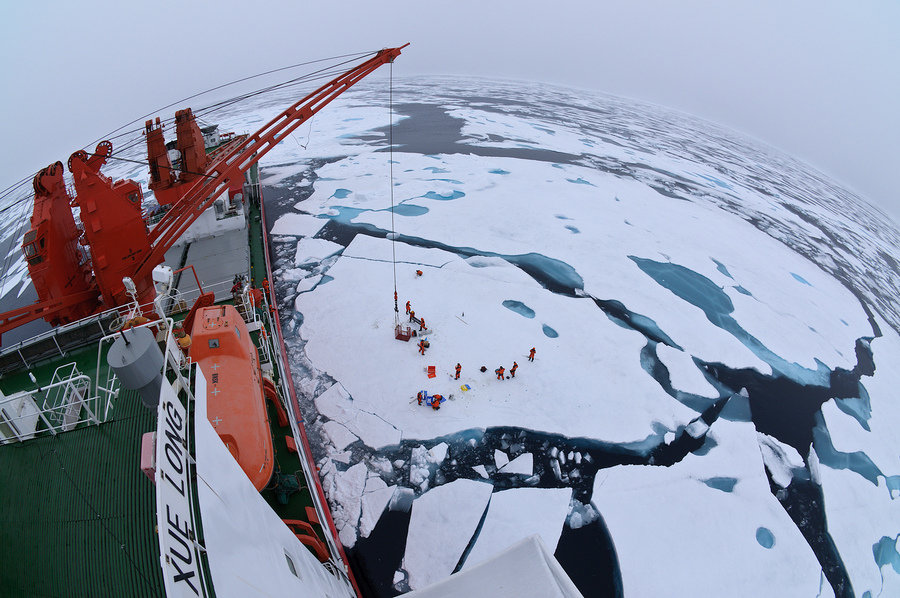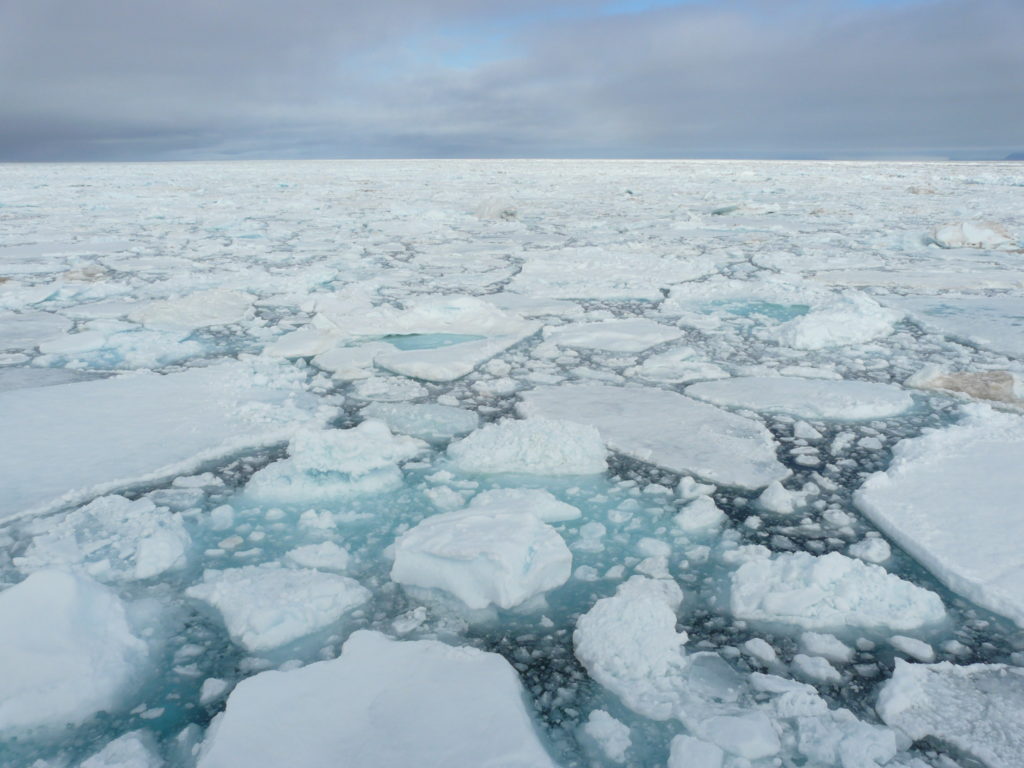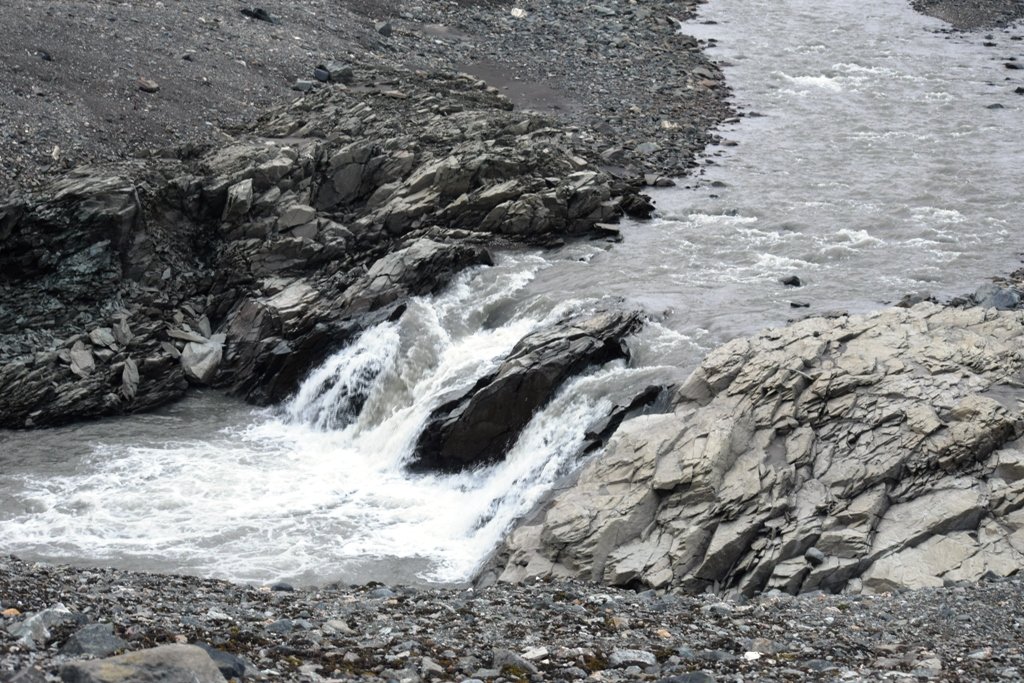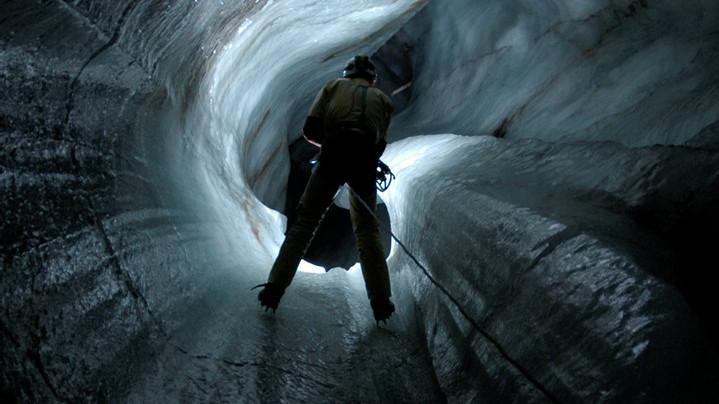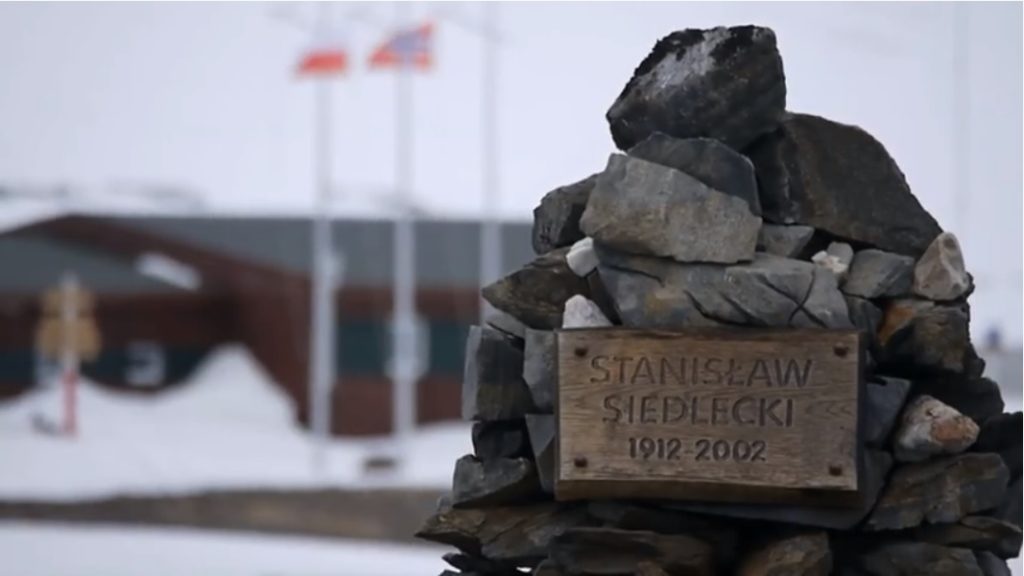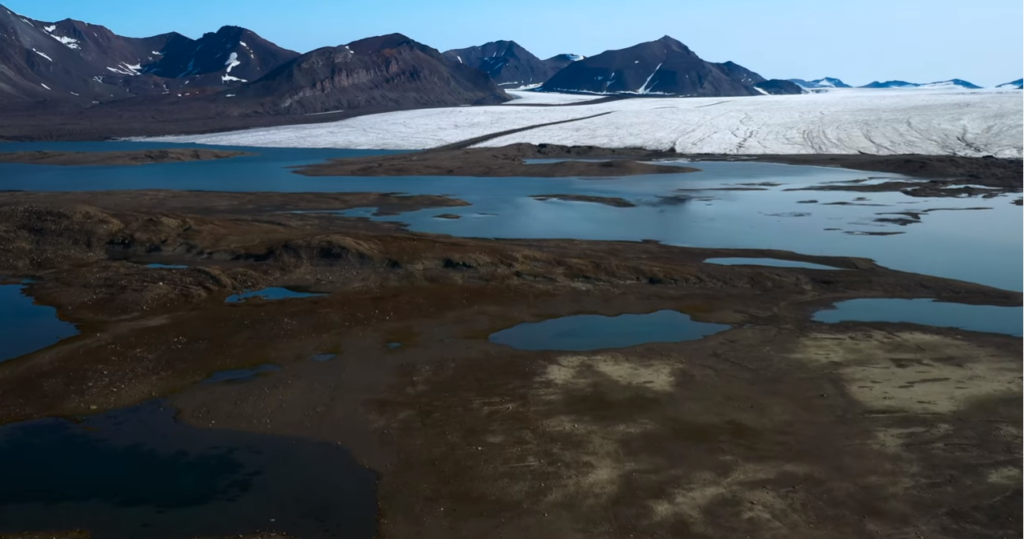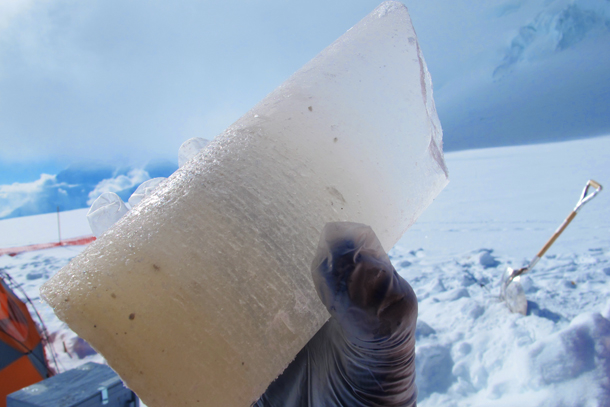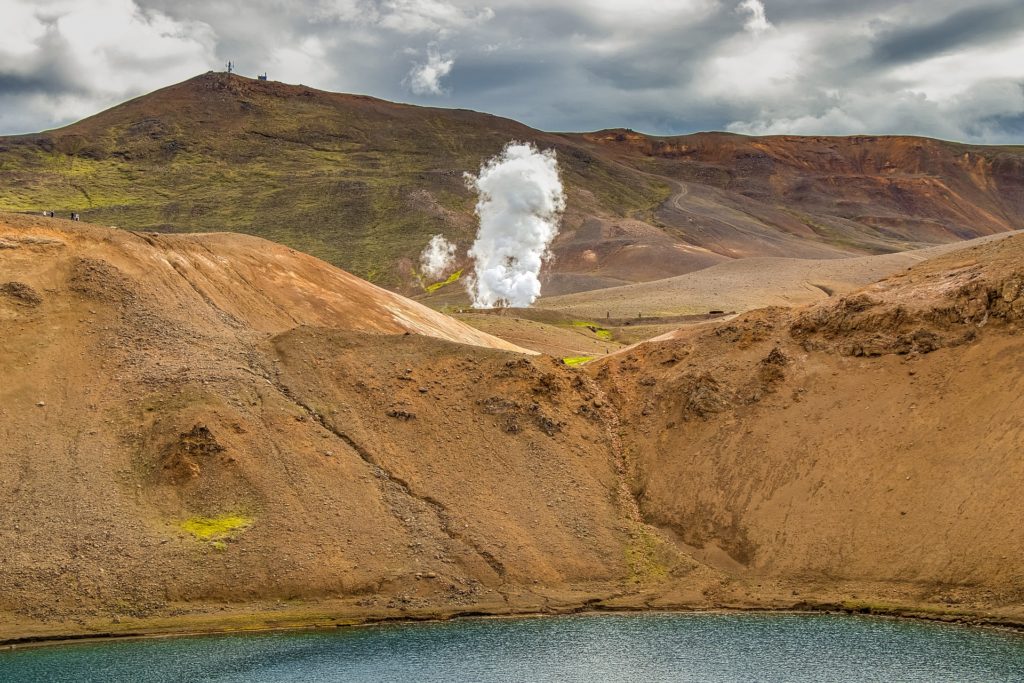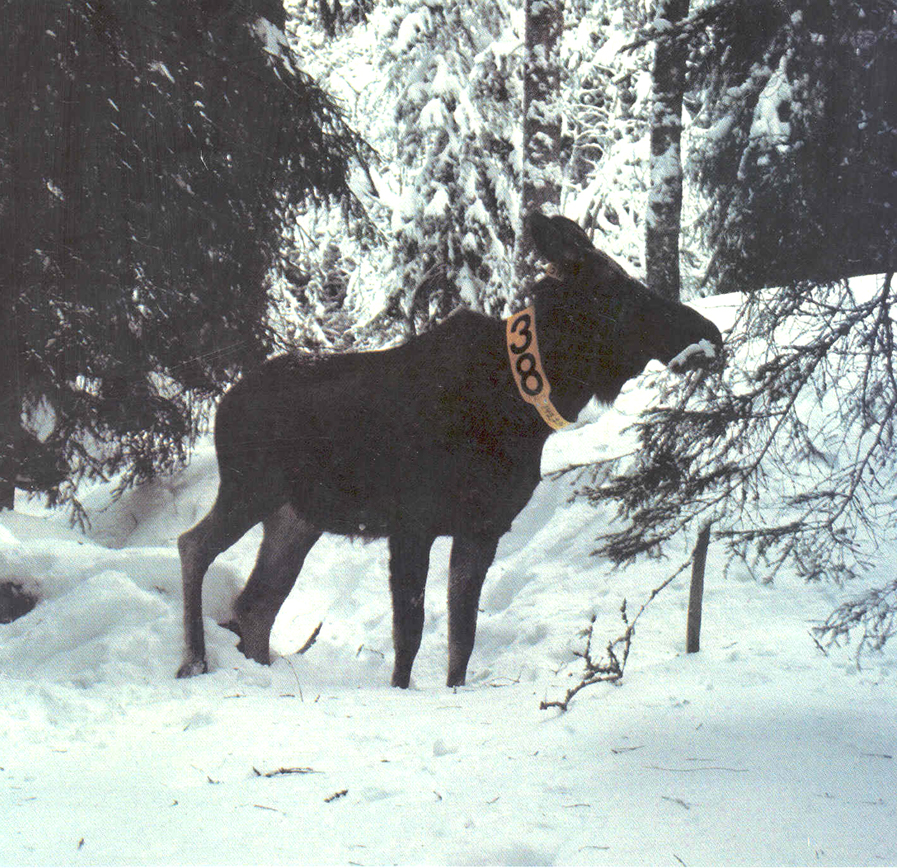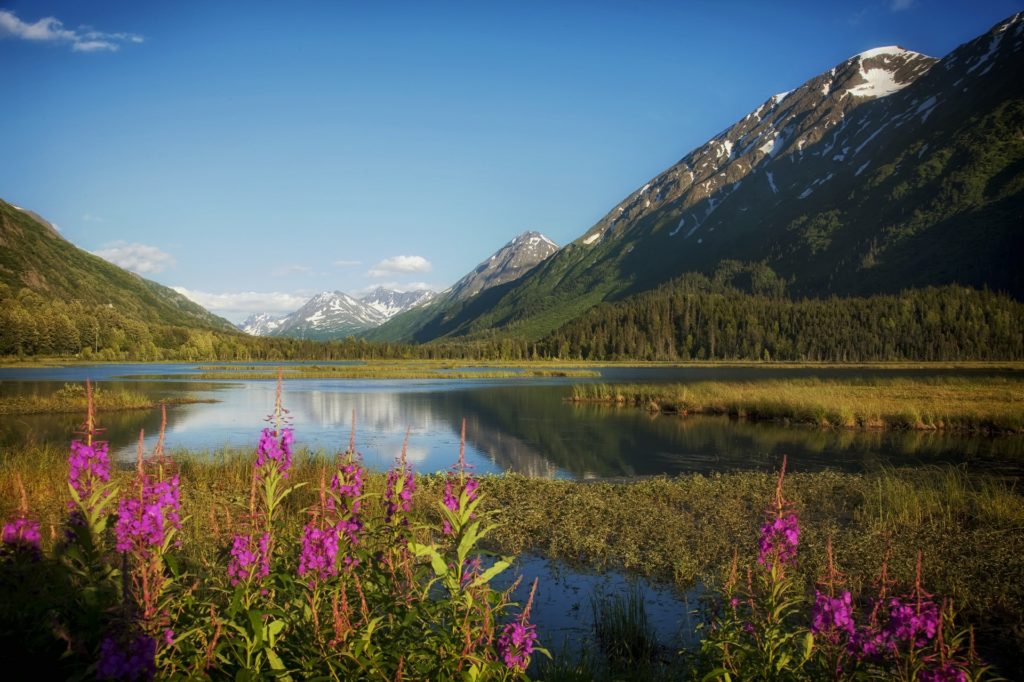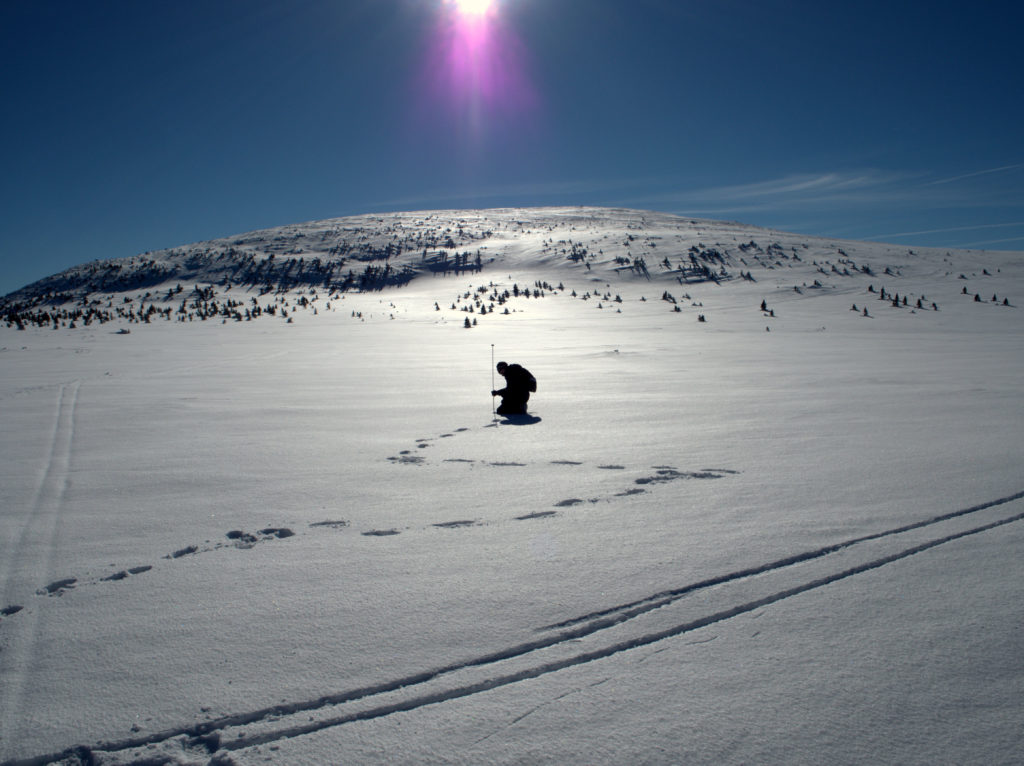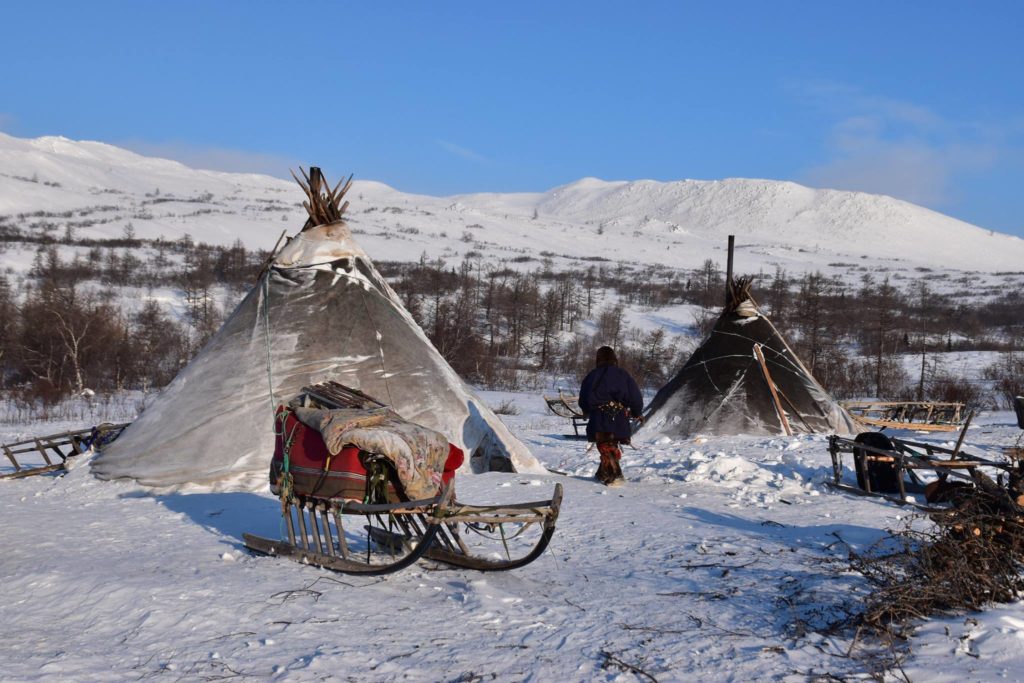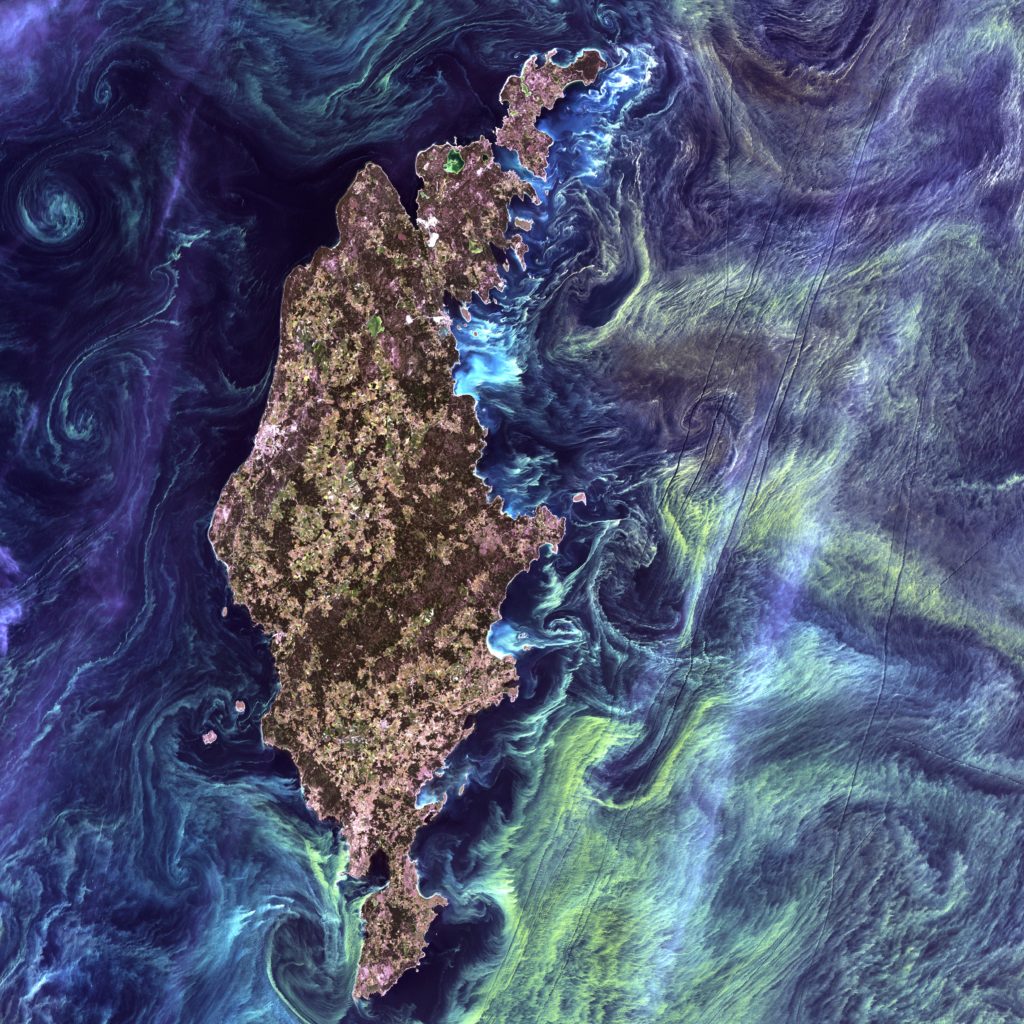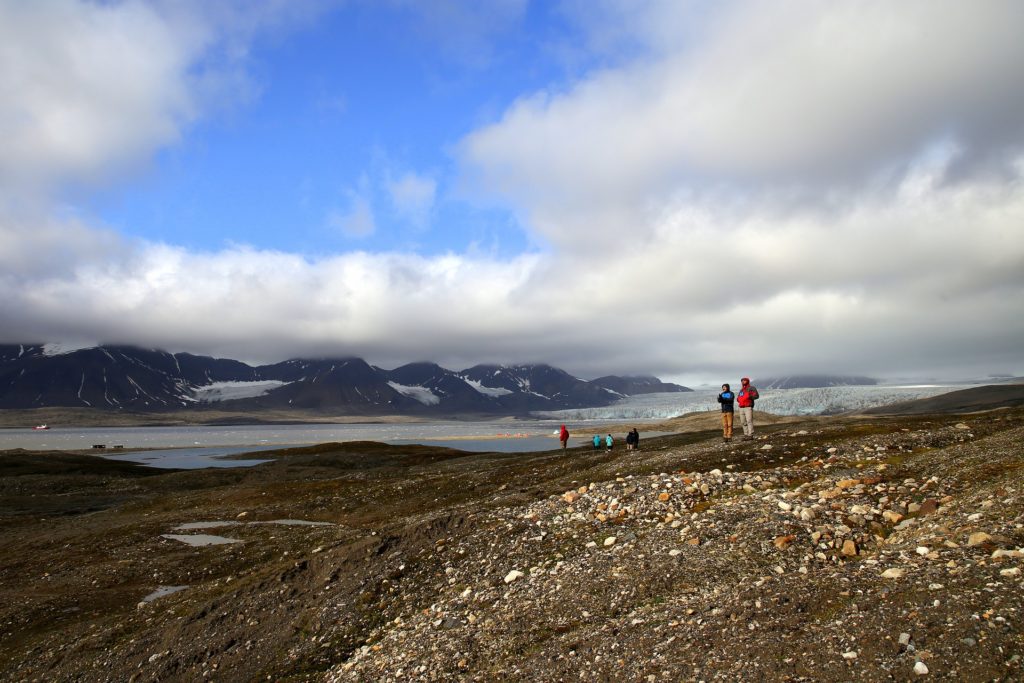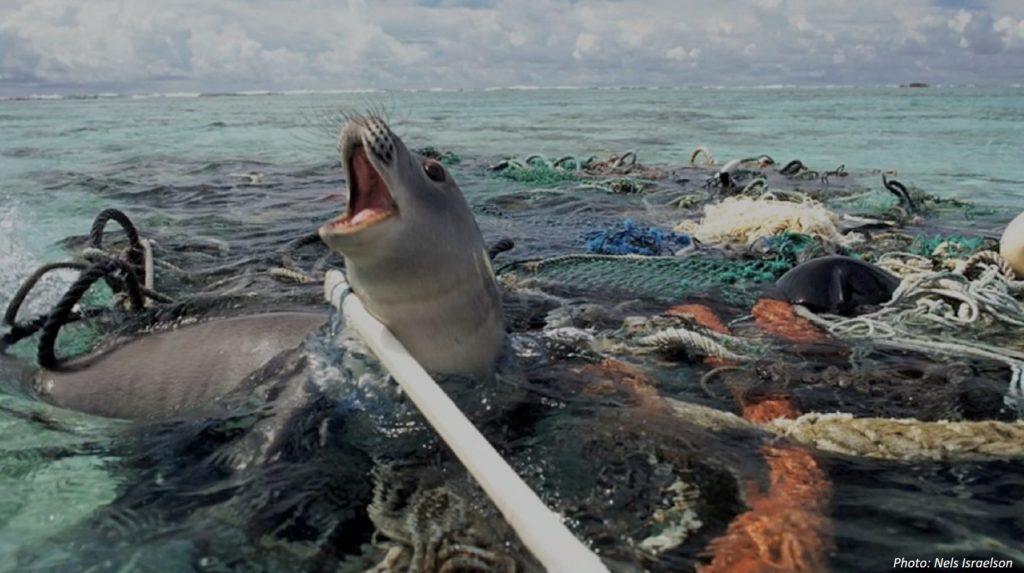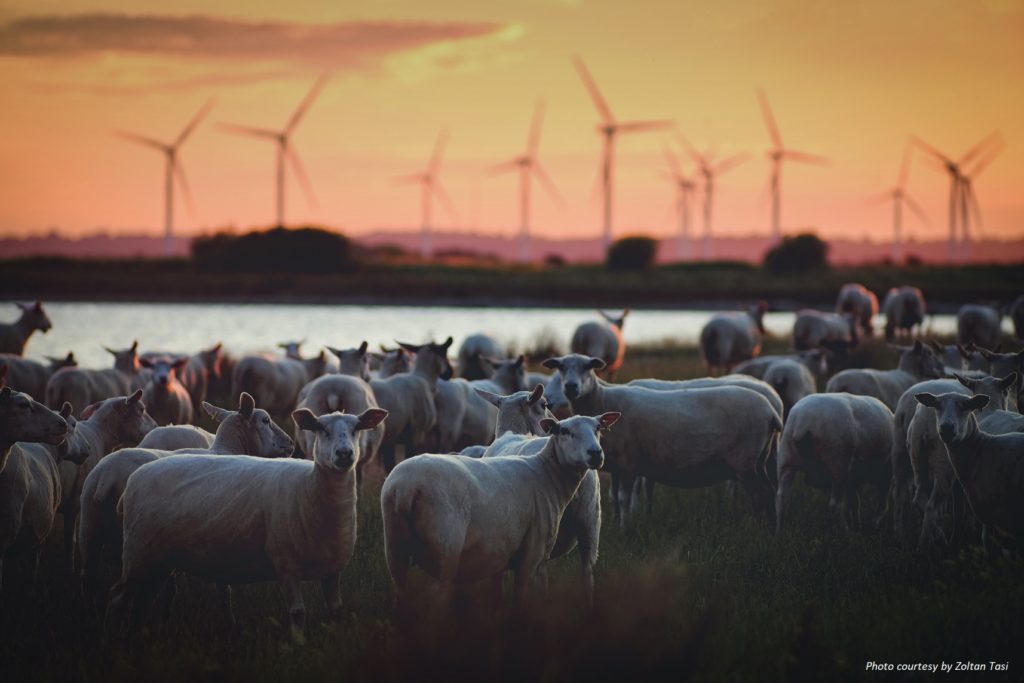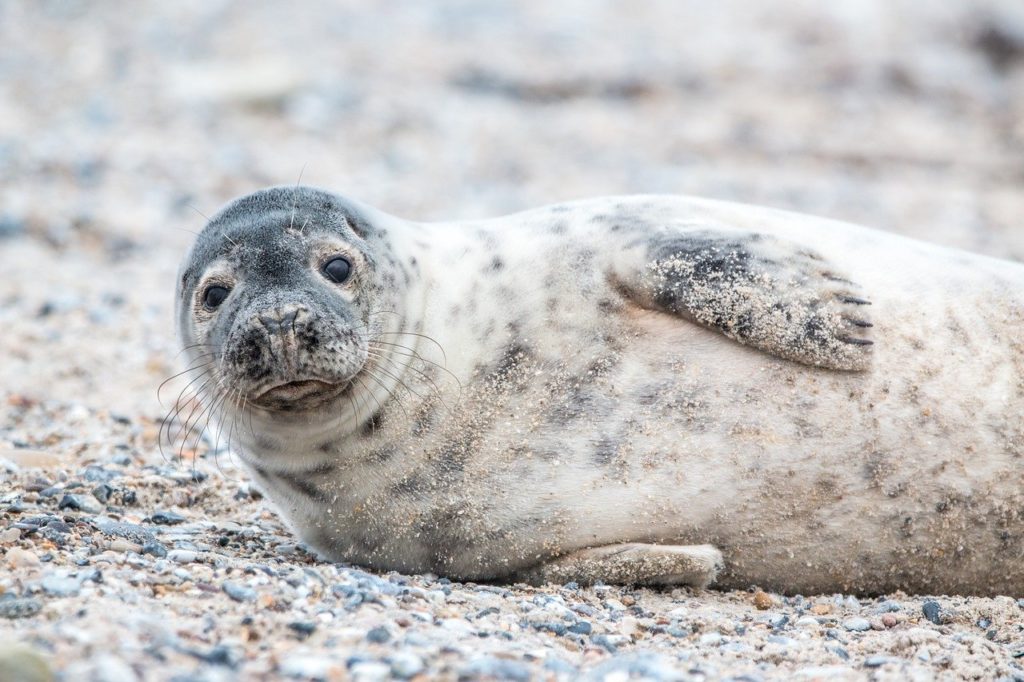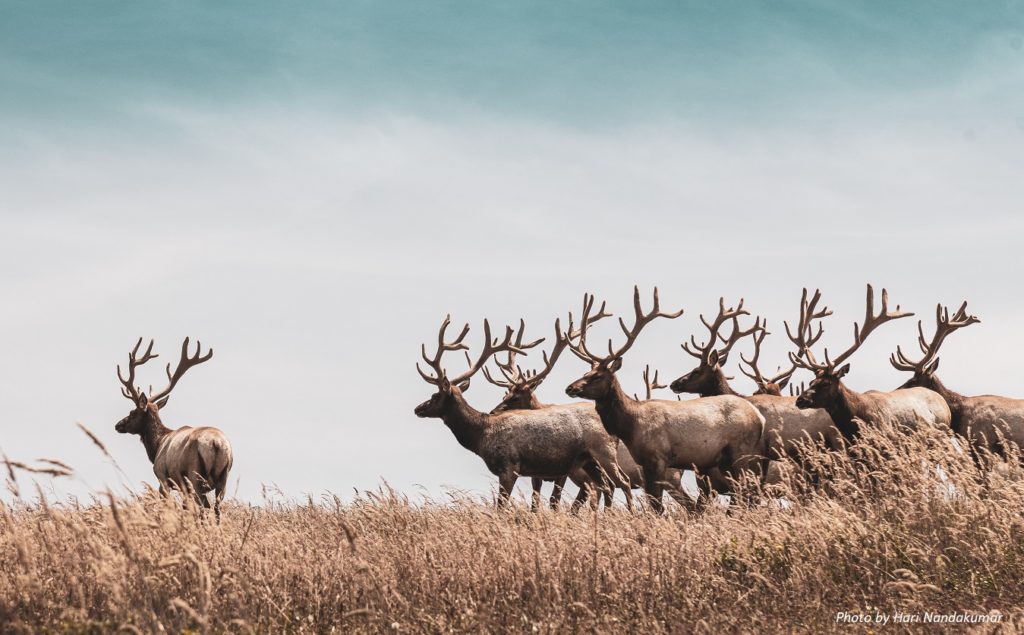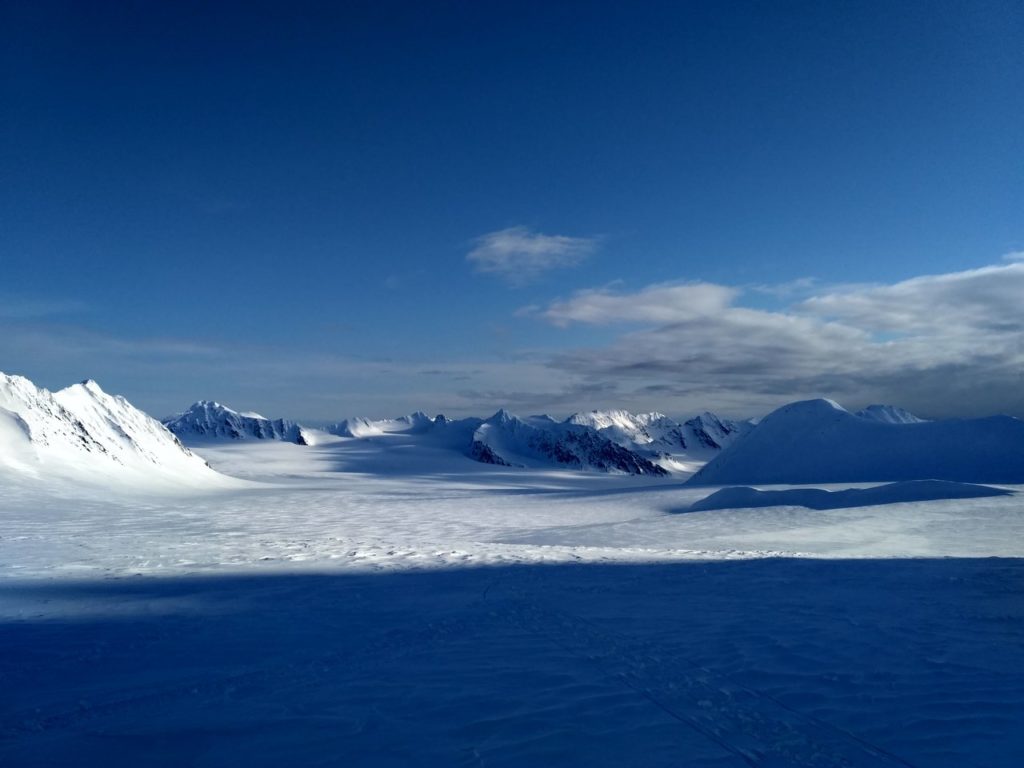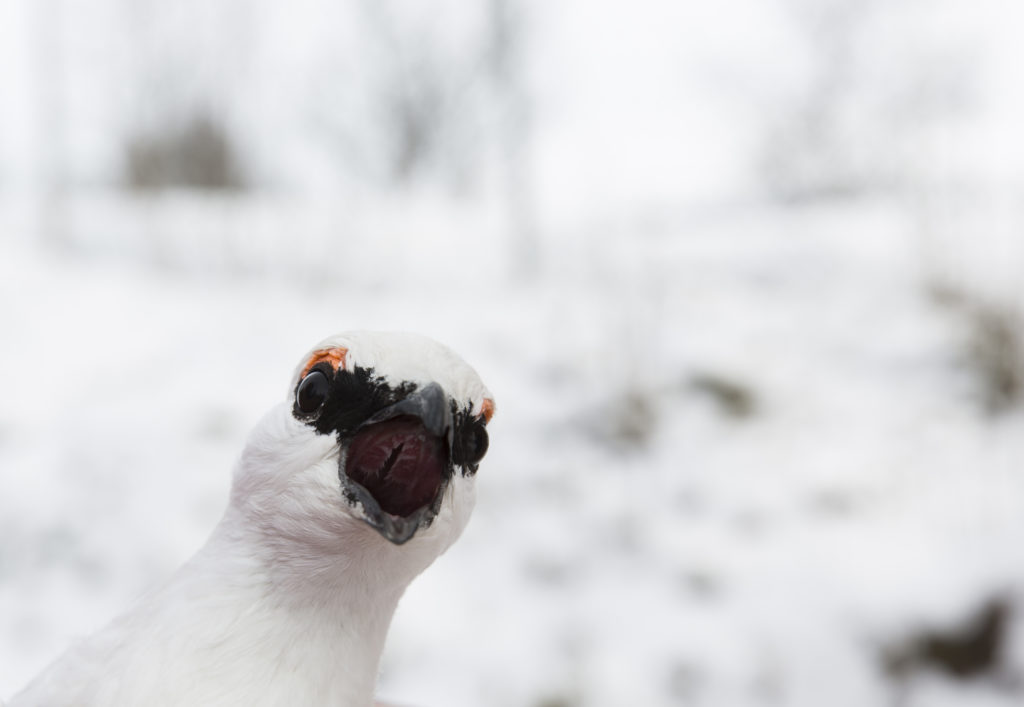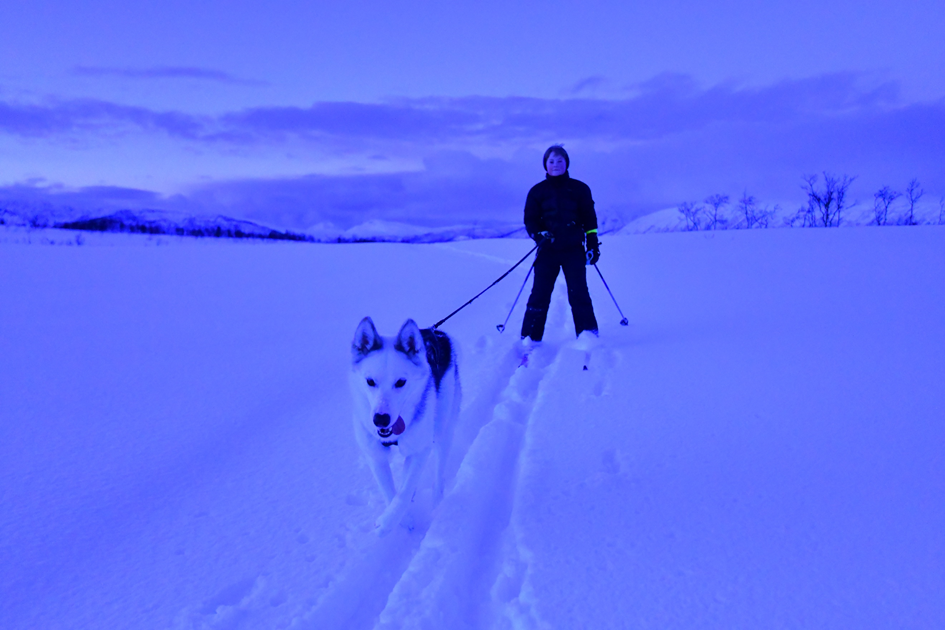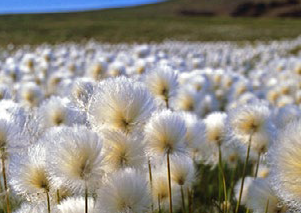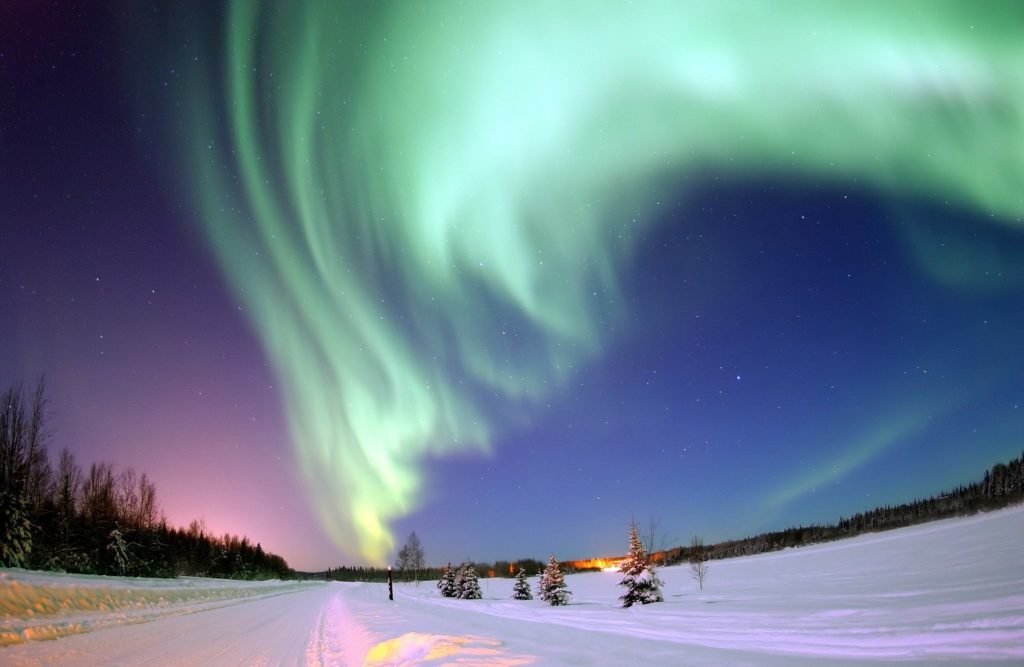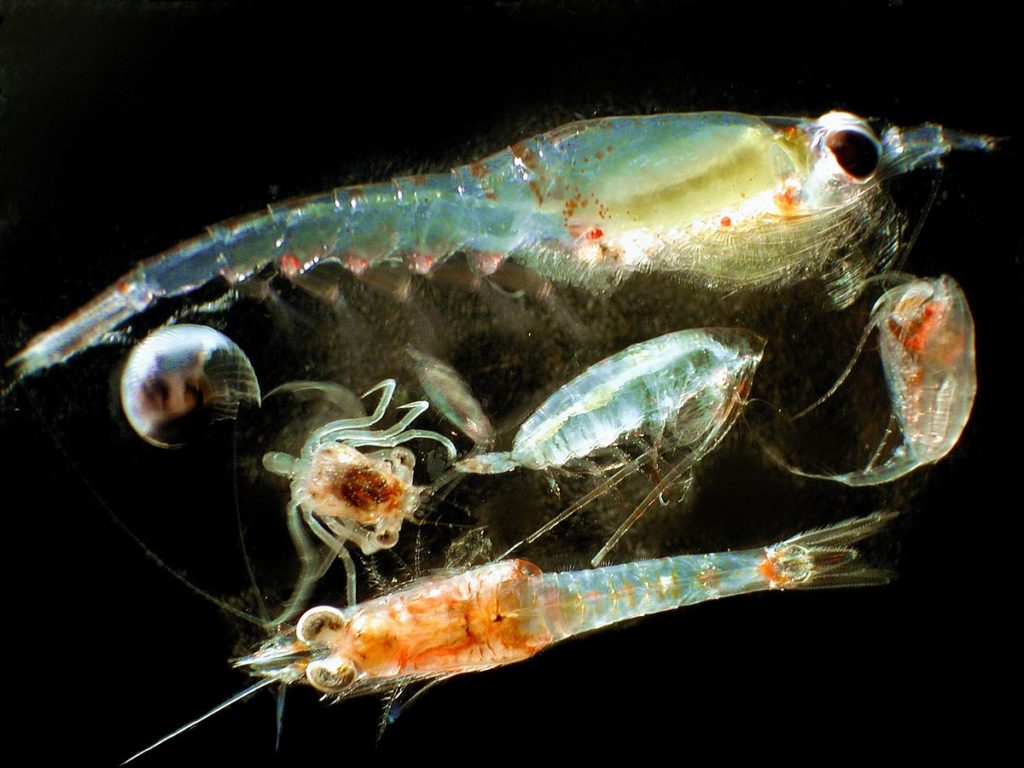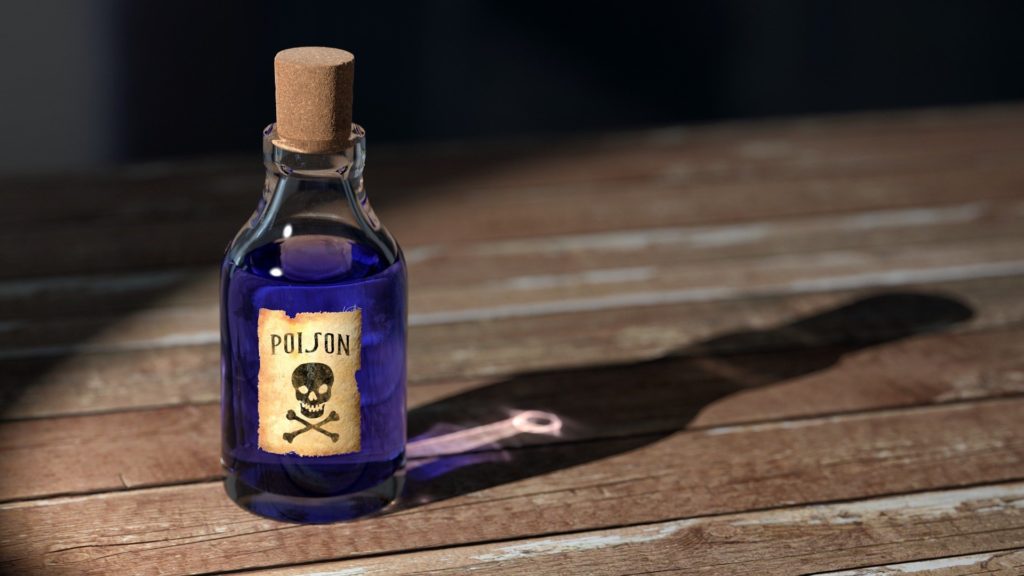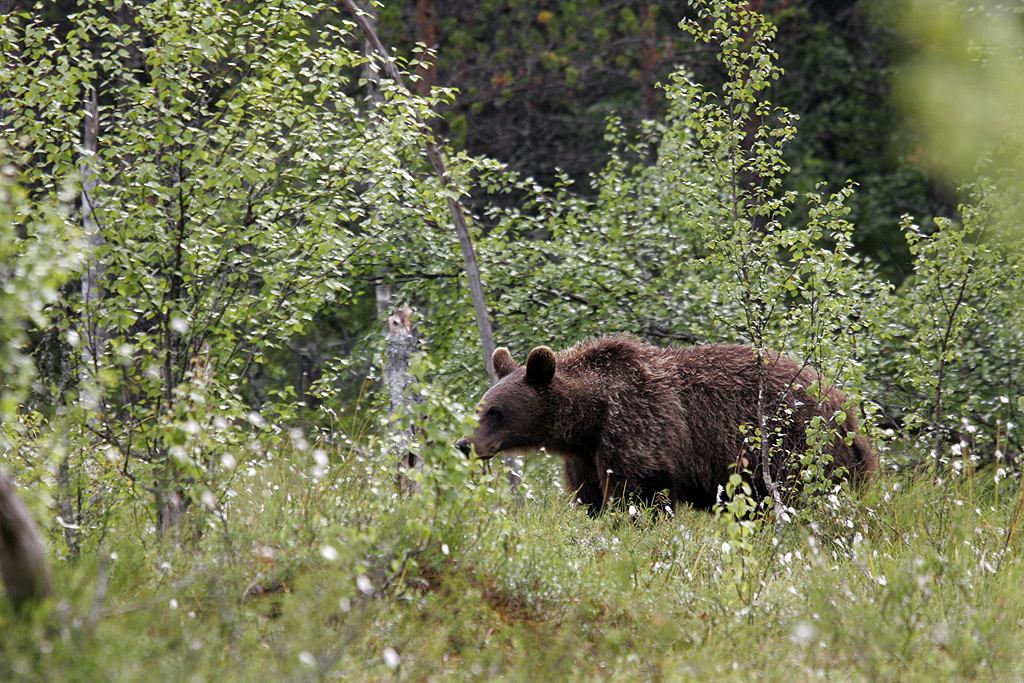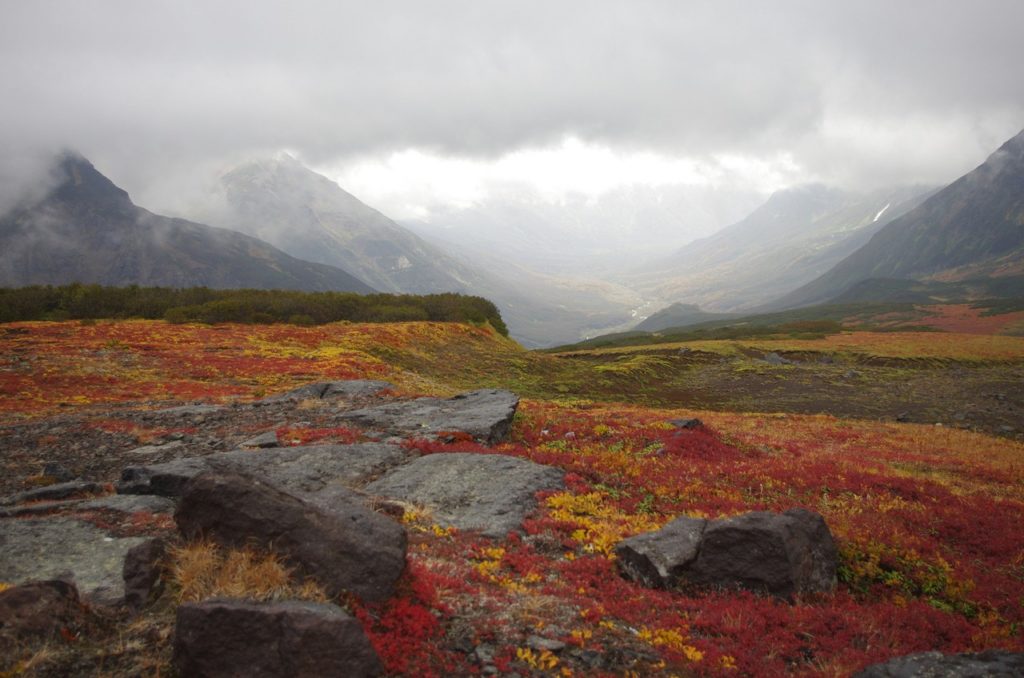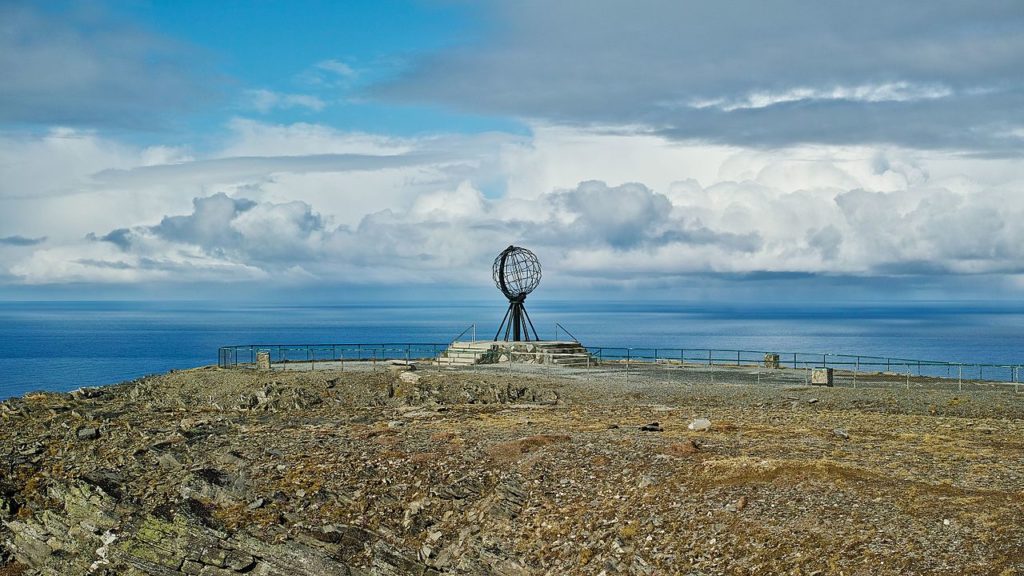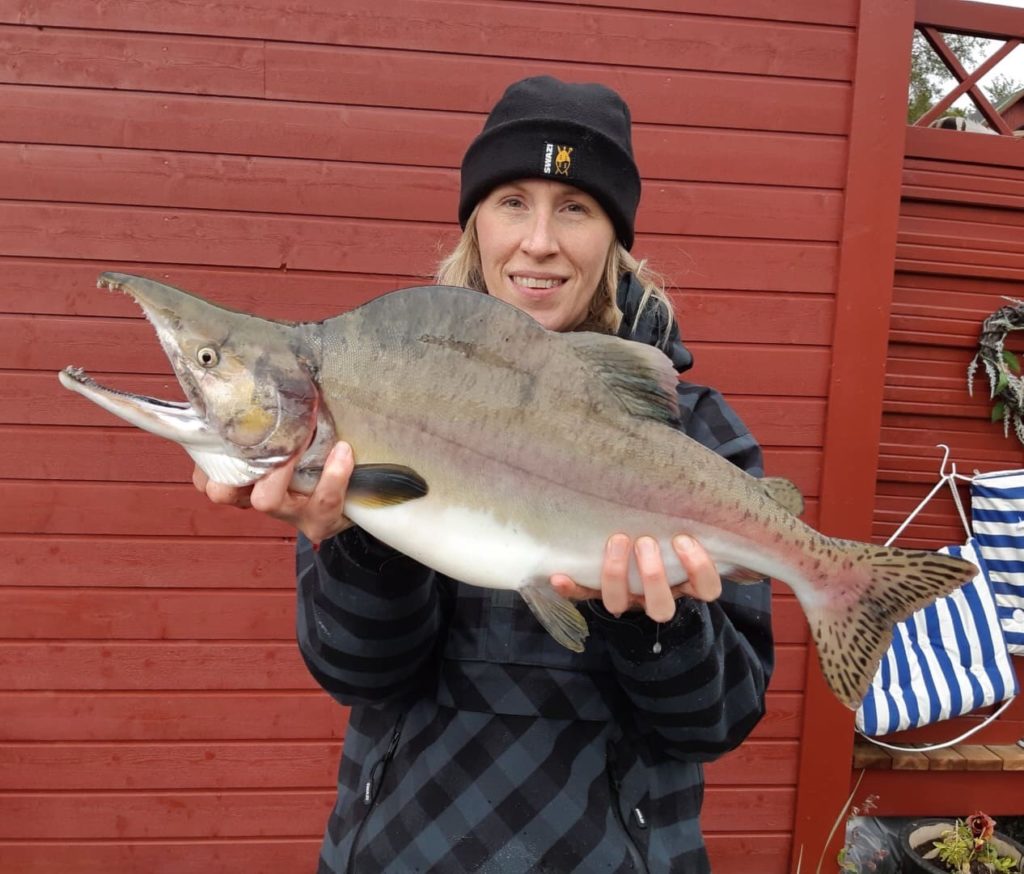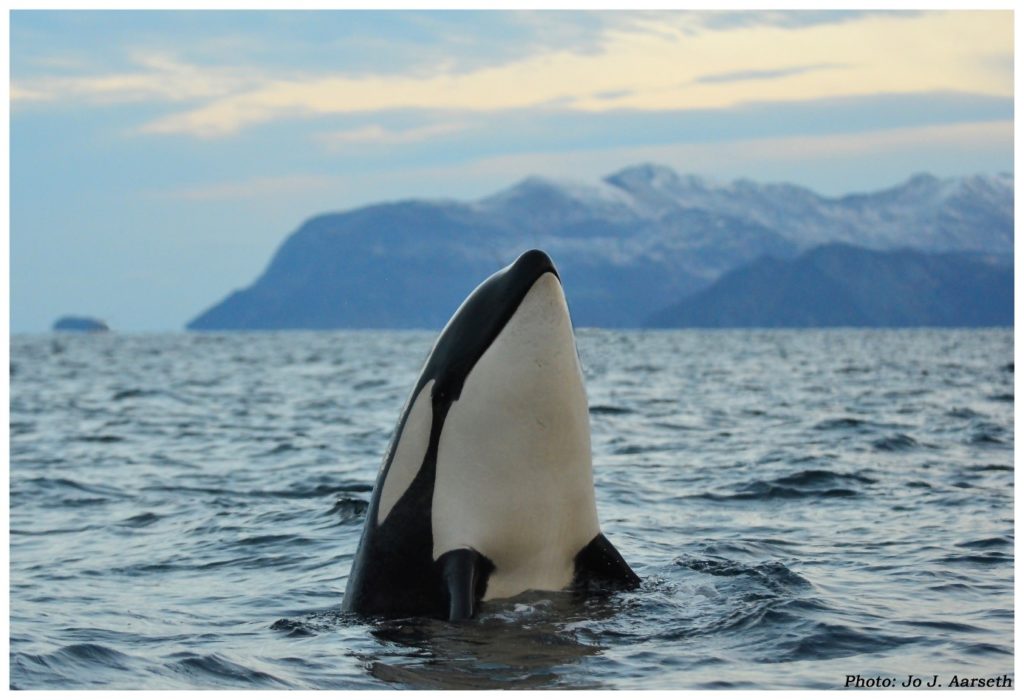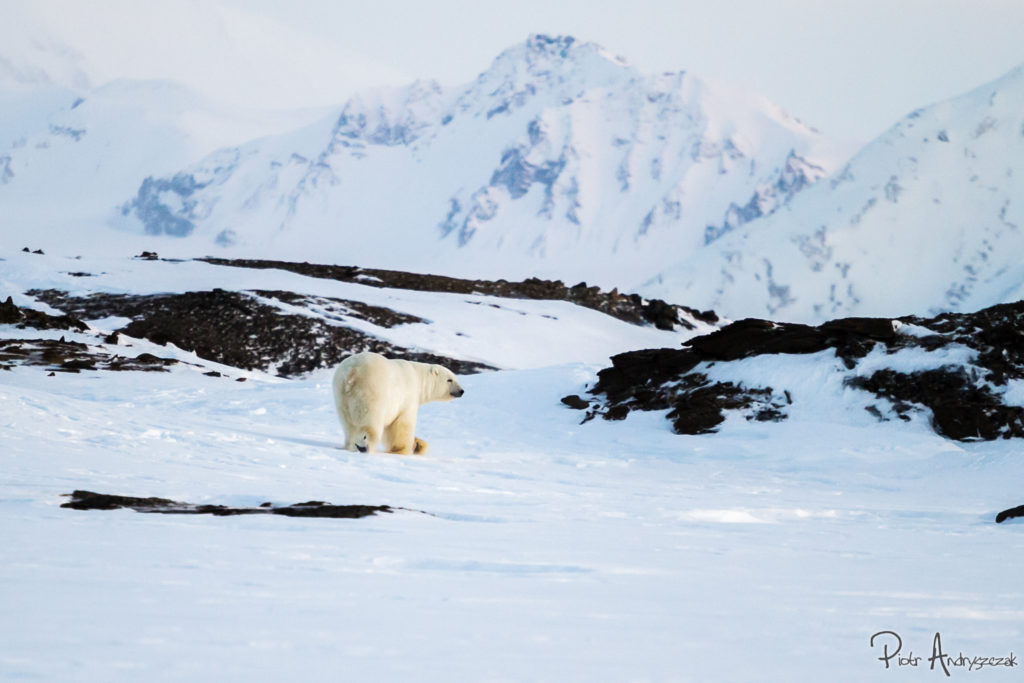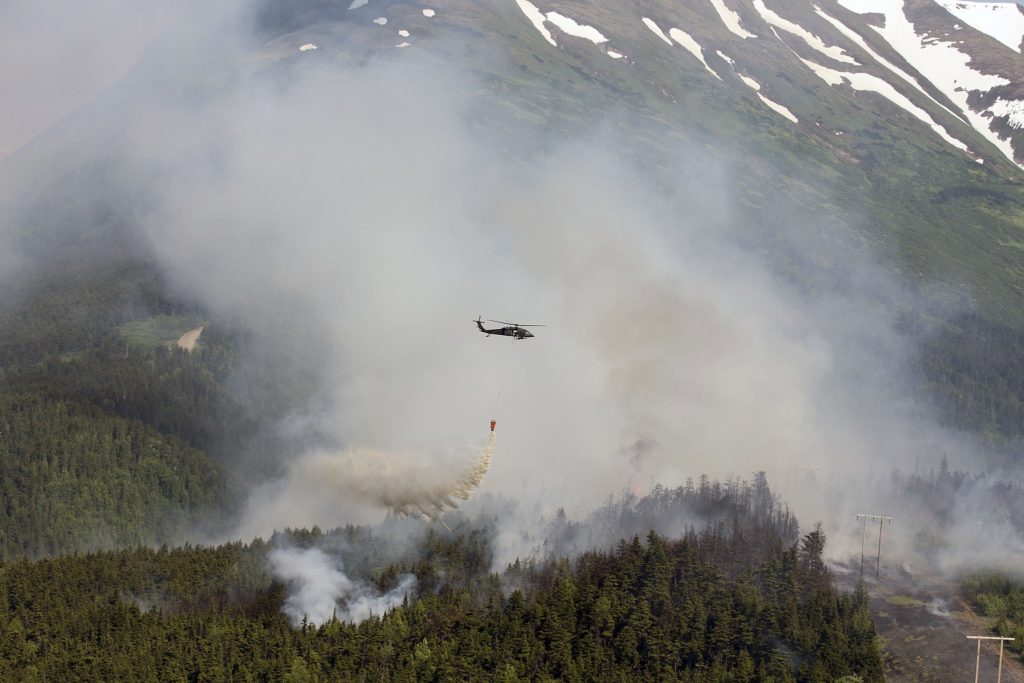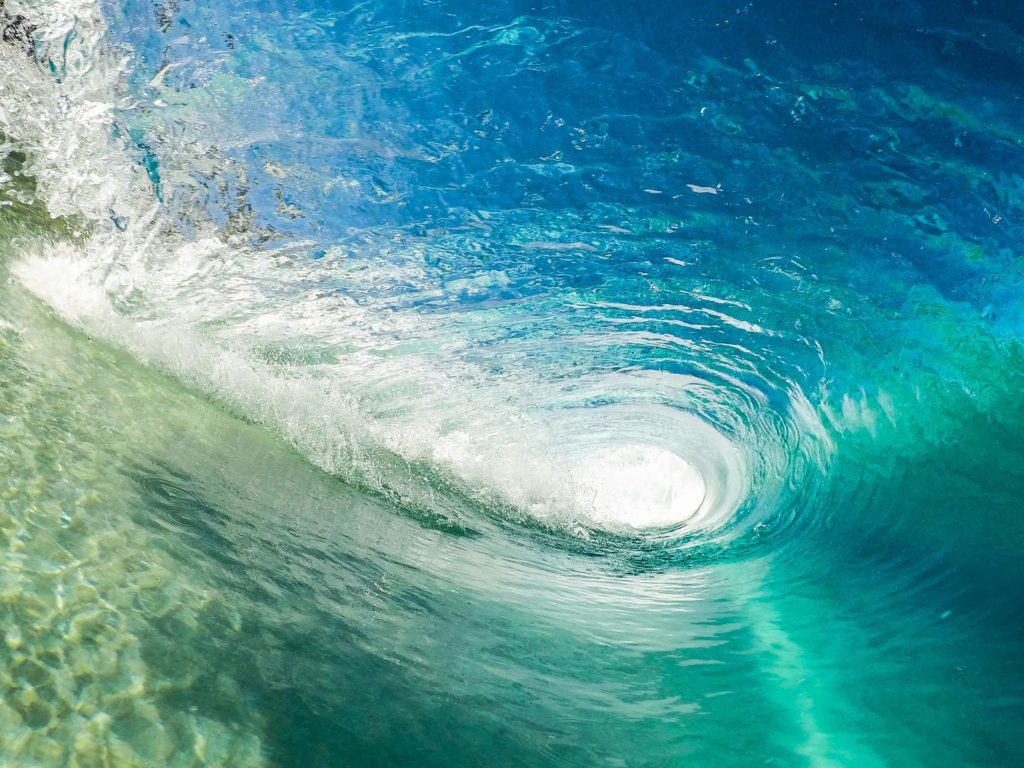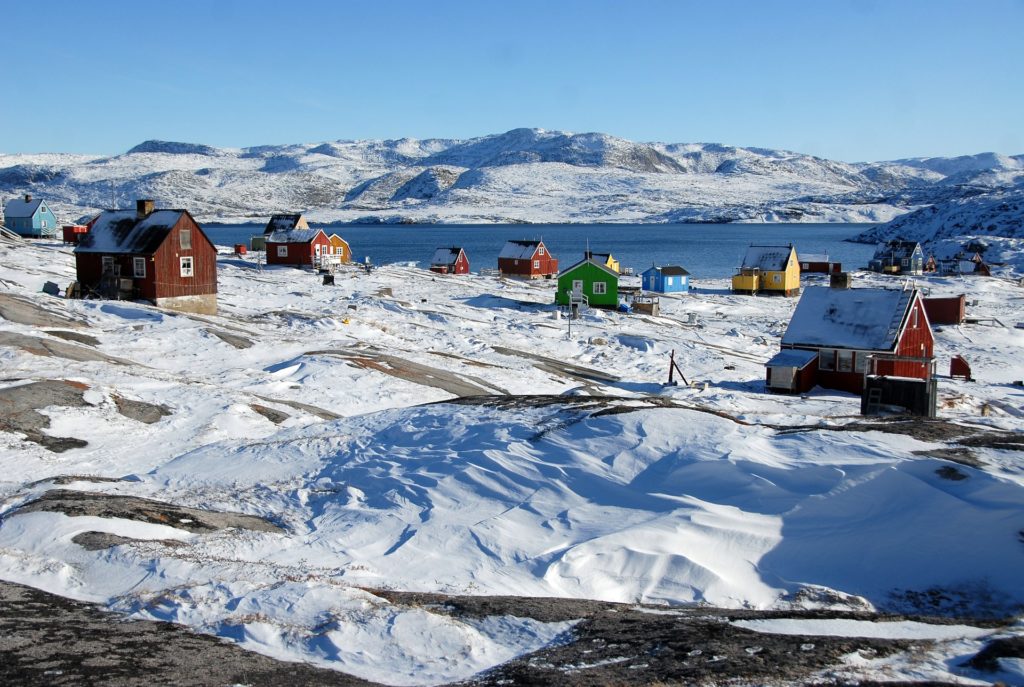Maritime transport in the Arctic
The Arctic is an area where the feedbacks between the processes of global warming and economic …
Sea ice in the Arctic
The warming trend in the Arctic is at least twice as large as the global average in recent …
Postglacial relief of northern Eurasia
More than 2.5 million years ago, the Earth’s climate cooled significantly. …
Caves and human
Caves are naturally formed voids in rocks of such size that a person can enter them (crawl, squeeze …
Climate of the Arctic
The Arctic has a cold climate. This is mainly because the Earth’s axis is tilted relative to the Sun …
Svalbard [EN]
Svalbard is a Norwegian archipelago, located between mainland Norway and the North Pole. …
Arctic hydrology
Water in the Arctic that either fell as rain or melted from snow and ice, flows via different paths …
Paleoclimatology
What is paleoclimatology, what are archives and proxies? …
Iceland
Inhabited by the descendants of the Vikings, a volcanic island torn between two retracting …
Wildlife technology
What mainly sets humans apart from other animal species is our technological abilities. …
North American Arctic
The North American Arctic comprises North Canada, the northern portion of Alaska, and Greenland. …
Snow in the Arctic ecosystem
How does snow form? Is Arctic snow different from that of the lower latitudes? …
Siberia
Siberia is a multinational, vast geographical area in northern Asia, belonging to Russian Federation. …
Arctic phytoplankton
Phytoplankton is the base of several aquatic food webs. …
Why is thawing permafrost dangerous for Earth’s climate?
You will learn what permafrost is and where it occurs. …
Environmental problems of the north
Even in the most pristine of northern Europe, we have lost almost all the long stretches of intact …
The Green Shift, where 2+2 is never 4
The Green Shift is like Jekyll & Hyde. Will it save the planet, or is it just greenwashing? …
Comparison of Arctic and Antarctic fauna
What polar regions of the Earth have in common? …
Too many or too few wild animals?
When humans decided to conquer the world, we took on the responsibility to manage most wildlife. …
Life of glaciers
There are about 200,000 glaciers in the world. …
Tundra animals and climate change
Will the toughness of tundra animals be their benefit or their bane in a changing climate? …
Fennoscandia – and its outdoors culture
In this educational tool-kit, your pupils will learn about why and where there is a region called …
Plants adaptations to the Arctic climate
Polar regions have very unique adaptations to the Arctic climate how do they work? GO TO …
Northern lights
Northern lights are a phenomenon that has fascinated people for centuries. …
Zooplankton in the Arctic
Zooplankton, small floating or weakly swimming organisms that drift with water currents and, …
Ecotoxicology
What is toxic, how does bioaccumulation and biomagnification work, how do toxins influence Arctic …
Taiga animals and climate change
The taiga is the deep boreal forests of the north. …
Arctic soils and nutrient cycle
What are soils, why are they important and how are they formed? …
Climate & change in the north
Heavier rainstorms, more landslides, the winds howling more often, a longer summer …
Invasive species
Do you know what happens when a new species arrives in an area where it does not belong? …
Can animals adapt to climate change?
In this educational tool-kit, your pupils will learn about the amazing and sometimes odd ways …
Polar bear
Polar bear is the true king of the Arctic! …
Air pollution in polar regions
Learn what is air pollution and why such phenomenon occur in sparsely populated polar regions. …
Ocean currents
How are ocean currents formed, do they differ from waves? How do they influence the climate, …
Greenland
Learn all about the history (including truly fascinating geological history) of the world’s …

